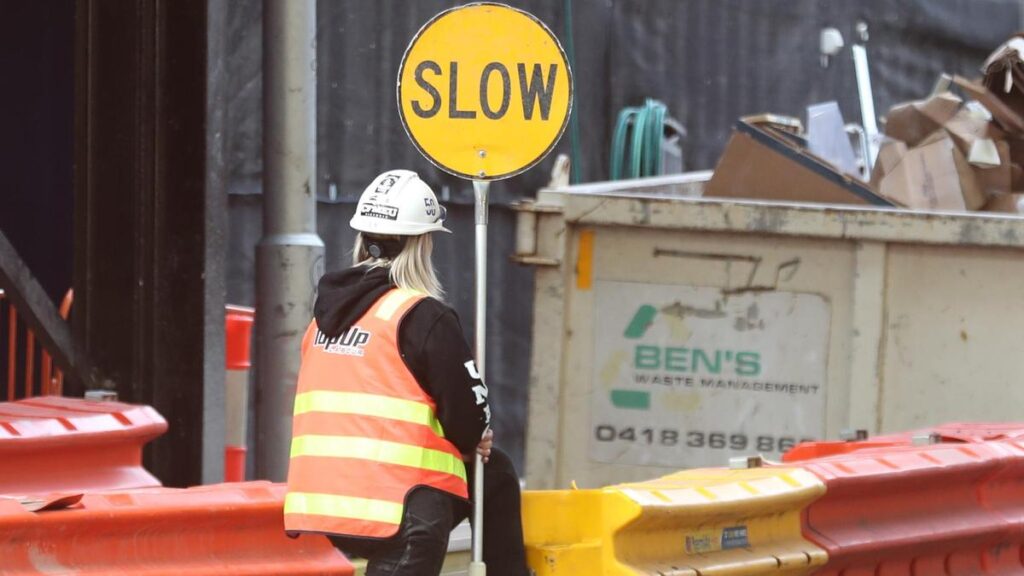
A new report from the global education company Pearson indicates that approximately a quarter of jobs in Australia are at significant risk of being lost to automation without substantial upskilling initiatives. The analysis highlights a potential economic impact of $104 billion in lost earnings due to automation and its subsequent effects on the workforce.
The report reveals that 26 percent of employment in Australia is highly susceptible to automation, particularly in the construction and manufacturing sectors, which account for 9 percent and 6 percent of at-risk jobs, respectively. The findings underscore the urgency for Australian training institutions and employers to invest in retraining programs to mitigate the economic fallout as workers transition to new roles.
Automation Technologies and Job Vulnerability
The research identifies various automation technologies—including robotic process automation, large language model chatbots, agentic AI models, and autonomous mobile robotics—as primary drivers of job displacement. Sectors such as retail, finance, and media are among those most exposed to the threats posed by generative AI. Conversely, jobs in hospitality, sanitation, and cleaning are projected to be the least affected by automation trends.
In light of these developments, Pearson is advocating for the recognition of internationally accepted Business and Technology Education Council (BTEC) qualifications in Australia. According to Taha Haidermota, executive at Pearson Australia, their organization has issued over six million BTECs globally, which provide rigorous qualifications in diverse fields such as IT, construction, business, and science. He stated, “At a time when the nation faces skills shortages in key industries, recognising reputable international qualifications could help skilled migrants step into the jobs they are trained for and play a meaningful role in lifting productivity.”
The Economic Implications of Automation
The analysis commissioned by Pearson utilized data from the Reserve Bank of Australia, the Australian Bureau of Statistics, and the Department of Education to investigate significant transitions in the workforce, including the shift from education to employment and the disruptions caused by automation. The report estimates that the overhaul of jobs due to automation could lead to a loss of 75.7 percent of the projected $104 billion in earnings directly attributable to automation alone, with the remainder related to re-skilling efforts and occupational transitions.
While the report paints a concerning picture of the future job market, Jobs and Skills Australia argues that predictions of a complete upheaval of the Australian economy due to automation are exaggerated. Their recent report indicates that roles such as office clerks, receptionists, bookkeepers, and positions in sales, marketing, and public relations are expected to incur the highest job losses by 2050.
As Australia grapples with these significant changes, the emphasis on vocational training and pathways into employment will be crucial for the nation’s economic resilience. The call for recognition of international qualifications and enhanced training initiatives reflects the need for a proactive approach to workforce development in the face of rapid technological advancements.







